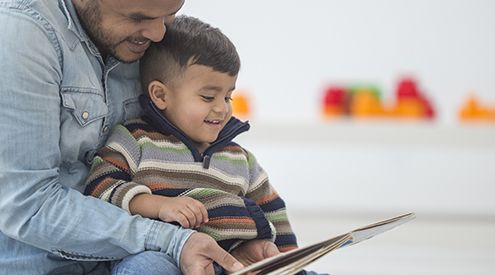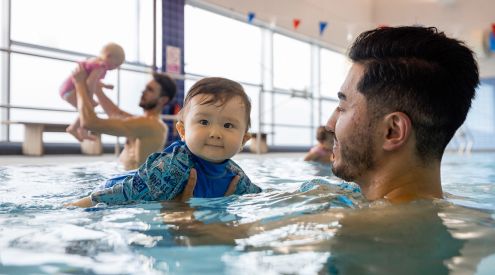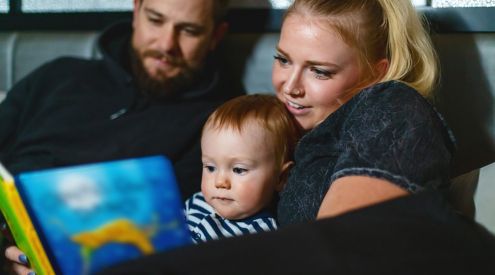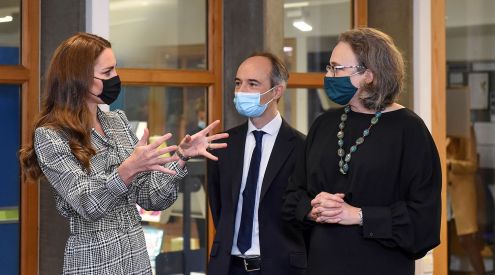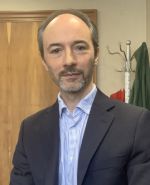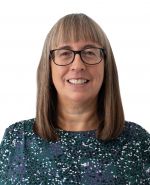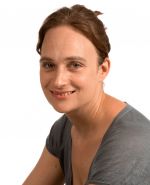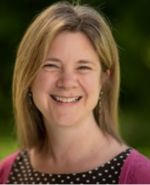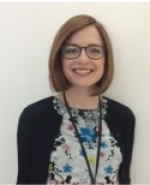Study design
The Children of the 2020s study sample has been drawn from HMRC Child Benefit records. It includes parents with babies born in September, October, and November 2021.
Approximately 8,500 families have been invited to take part. The study is a five-wave longitudinal survey study of children from nine months to five years.
The first wave of data collection was face to face and took place when the cohort child was nine months old (Wave 1).
A second face-to-face data collection will take place at age three (Wave 3).
Non-face-to-face modes will be administered using a sequential mixed mode design with online and telephone surveys when children are aged two (Wave 2), four (Wave 4) and five (Wave 5).
Data collection will include assessments of:
- child development
- neighbourhood and family context
- family structure
- health and mental health
- the home learning environment
- and formal and informal childcare provision and preschool education.
The study includes ongoing linkages to both parent and baby education and health records.
Alongside the main survey, the study will collect additional data using an innovative smartphone app called BabySteps. BabySteps will enable us to capture rich developmental and home environment measures between study waves at low cost. Measures will include a combination of short questionnaires and video/audio recordings.
High quality, cleaned, and fully weighted datasets, along with data documentation and guidance following each wave of data collection will be produced, alongside non-response analyses and details of the weighting system applied.
Who funds the study?
The Children of the 2020s study receives funding from the Department for Education.
Are you a parent?
If you’ve been contacted to take part in the Children of the 2020s study, please head to the study website at children2020s.ipsos.com to find out more about what’s involved.





